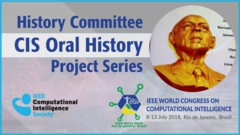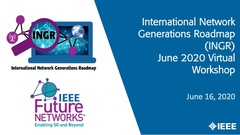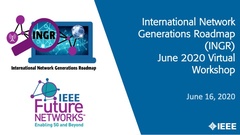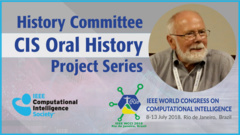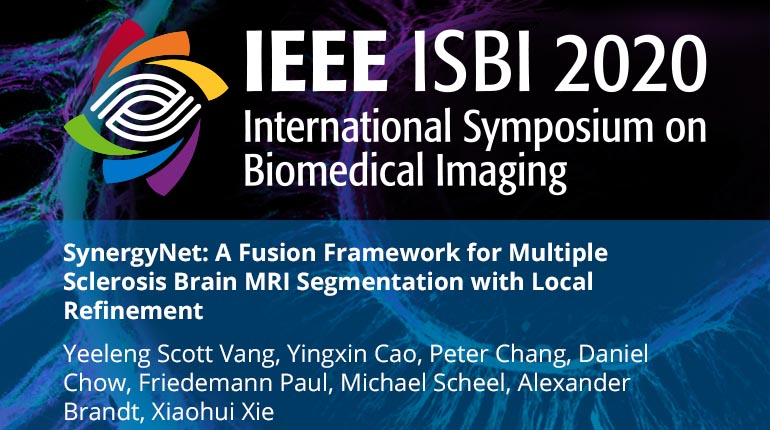
Already purchased this program?
Login to View
This video program is a part of the Premium package:
SynergyNet: A Fusion Framework for Multiple Sclerosis Brain MRI Segmentation with Local Refinement
- IEEE MemberUS $11.00
- Society MemberUS $0.00
- IEEE Student MemberUS $11.00
- Non-IEEE MemberUS $15.00
SynergyNet: A Fusion Framework for Multiple Sclerosis Brain MRI Segmentation with Local Refinement
The high irregularity of multiple sclerosis (MS) lesions in sizes and numbers often proves difficult for automated systems on the task of MS lesion segmentation. Current State-of-the-art MS segmentation algorithms employ either only global perspective or just patch-based local perspective segmentation approaches. Although global image segmentation can obtain good segmentation for medium to large lesions, its performance on smaller lesions lags behind. On the other hand, patch-based local segmentation disregards spatial information of the brain. In this work, we propose SynergyNet, a network segmenting MS lesions by fusing data from both global and local perspectives to improve segmentation across different lesion sizes. We achieve global segmentation by leveraging the U-Net architecture and implement the local segmentation by augmenting U-Net with the Mask R-CNN framework. The sharing of lower layers between these two branches benefits end-to-end training and proves advantages over simple ensemble of the two frameworks. We evaluated our method on two separate datasets containing 765 and 21 volumes respectively. Our proposed method can improve 2.55% and 5.0% for Dice score and lesion true positive rates respectively while reducing over 20% in false positive rates in the first dataset, and improve in average 10% and 32% for Dice score and lesion true positive rates in the second dataset. Results suggest that our framework for fusing local and global perspectives is beneficial for segmentation of lesions with heterogeneous sizes.
The high irregularity of multiple sclerosis (MS) lesions in sizes and numbers often proves difficult for automated systems on the task of MS lesion segmentation. Current State-of-the-art MS segmentation algorithms employ either only global perspective or just patch-based local perspective segmentation approaches. Although global image segmentation can obtain good segmentation for medium to large lesions, its performance on smaller lesions lags behind. On the other hand, patch-based local segmentation disregards spatial information of the brain. In this work, we propose SynergyNet, a network segmenting MS lesions by fusing data from both global and local perspectives to improve segmentation across different lesion sizes. We achieve global segmentation by leveraging the U-Net architecture and implement the local segmentation by augmenting U-Net with the Mask R-CNN framework. The sharing of lower layers between these two branches benefits end-to-end training and proves advantages over simple ensemble of the two frameworks. We evaluated our method on two separate datasets containing 765 and 21 volumes respectively. Our proposed method can improve 2.55% and 5.0% for Dice score and lesion true positive rates respectively while reducing over 20% in false positive rates in the first dataset, and improve in average 10% and 32% for Dice score and lesion true positive rates in the second dataset. Results suggest that our framework for fusing local and global perspectives is beneficial for segmentation of lesions with heterogeneous sizes.
 Cart
Cart Create Account
Create Account Sign In
Sign In


